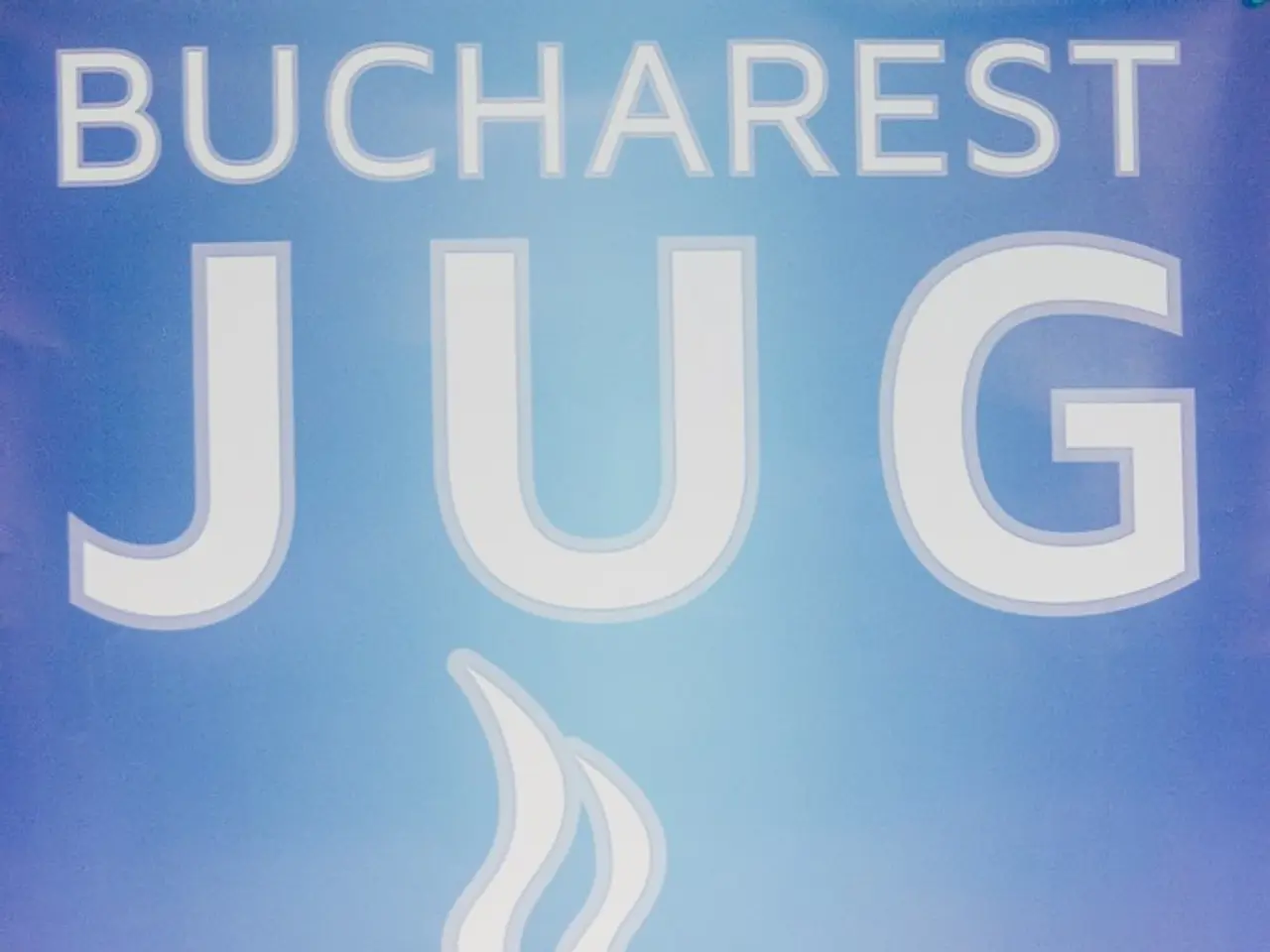Social Security Privatization Proposal Could Alter the Importance of IRAs in Your Investment Strategy
In the ongoing debate about the future of retirement savings, the privatization of Social Security could significantly reshape the role and importance of Individual Retirement Accounts (IRAs). This shift could make IRAs even more crucial for individuals to manage their retirement income in the face of increased market risks and lower or less predictable Social Security benefits.
Under Social Security privatization, a portion of payroll taxes currently funding the government-run system would be redirected into personal investment accounts, similar to IRAs, that individuals would manage themselves. This change would shift retirement savings responsibility more onto individuals rather than the government.
Because privatized Social Security benefits would be tied to market performance, without a guaranteed benefit floor, retirement income from Social Security would become less predictable and potentially lower during market downturns. This increased risk and uncertainty in Social Security benefits would likely cause many people to rely more heavily on IRAs and other private retirement savings to secure their retirement.
As a result, IRAs could become a primary retirement funding source for many Americans, particularly since they offer a wider range of investment options than employer plans like 401(k)s. Privatization might lead to greater importance placed on individual investment decisions and savings discipline, making personal retirement accounts such as IRAs critical in bridging the gap between reduced Social Security income and retirement needs.
However, critics warn that privatization could increase retirement risks and reduce overall retirement security, which may pressure people to save more aggressively in IRAs to compensate for the loss of guaranteed Social Security benefits.
In addition to their role as a potential primary retirement funding source, IRAs are likely to become an even more important part of the average investor's portfolio. The integration of annuities into an IRA can provide a complement to other retirement investments, offering a steady, predictable income stream.
Moreover, the focus on retirement savings may lead to a heightened focus on financial education. Employers may provide easier access to financial advisors and resources to help individuals make informed decisions about their retirement savings. Congress could consider enhancing catch-up options for older workers as a way for individual investors to bolster their retirement funds.
In summary, if Social Security were privatized, IRAs would likely gain greater prominence as essential personal retirement savings vehicles, becoming even more crucial for individuals to manage their retirement income in the face of increased market risks and lower or less predictable Social Security benefits.
- With the privatization of Social Security, individuals may need to focus more on their IRA investments for a stable retirement income, as they would offer a wider range of options and potentially become a primary retirement funding source.
- As retirement security becomes less guaranteed through Social Security privatization, people might be motivated to save more aggressively in IRAs to offset the reduced benefits and ensure they can meet their retirement needs.
- In addition to being used for retirement savings, IRAs could serve as an important part of an average investor's portfolio, especially with the integration of annuities that provide a steady income stream.




